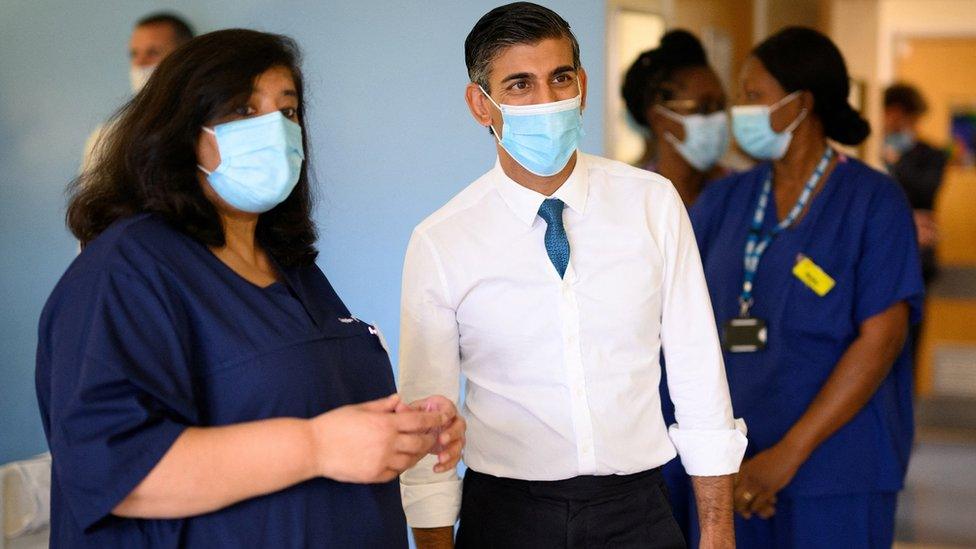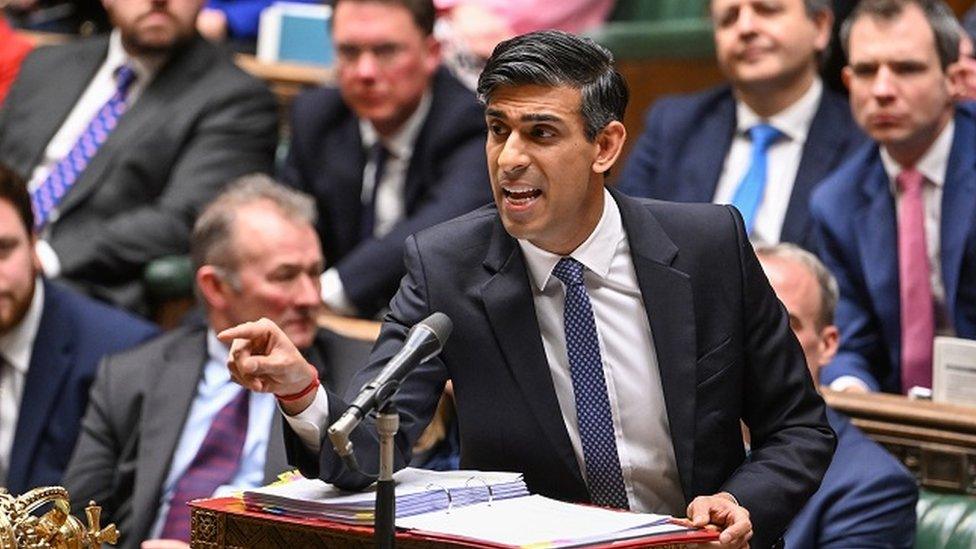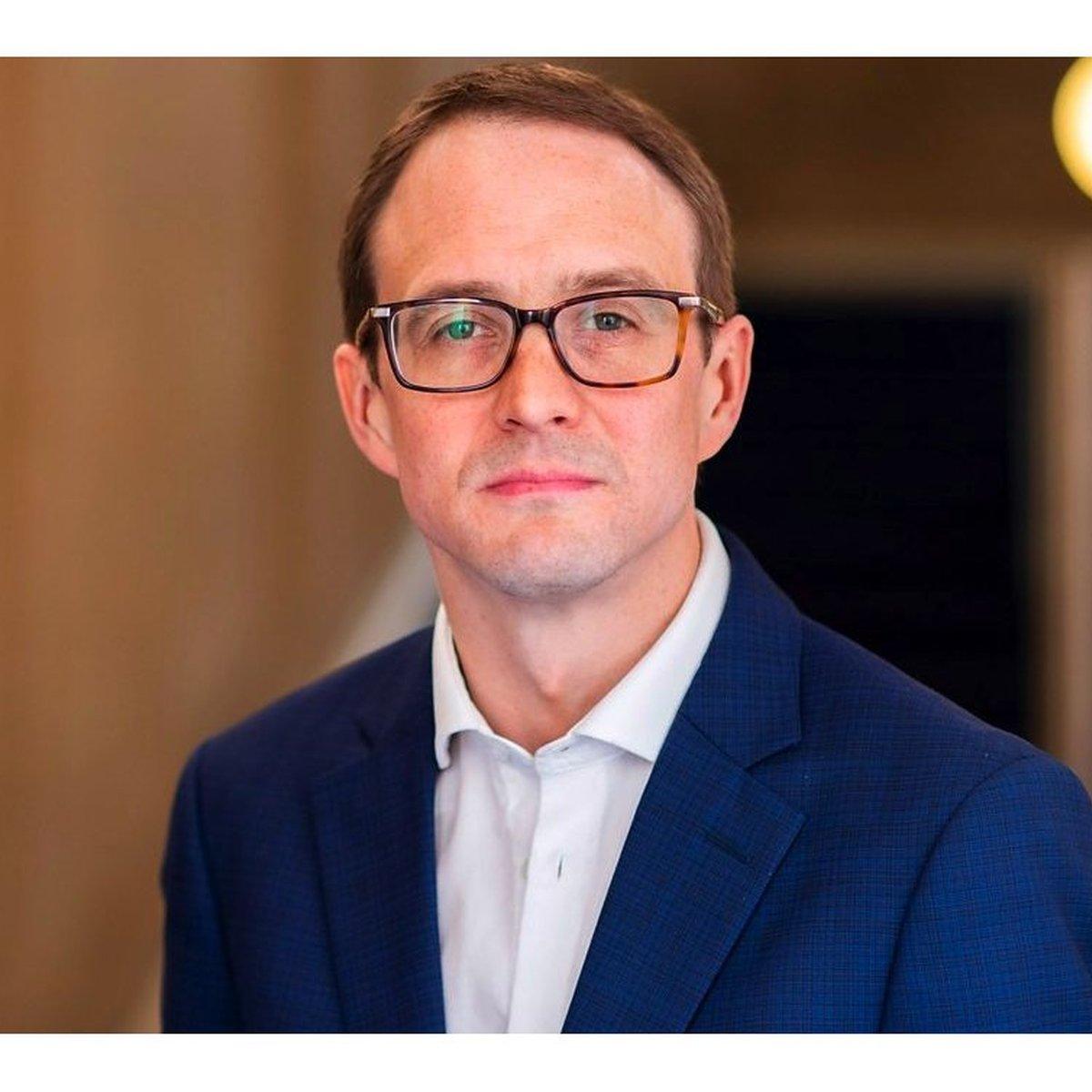Rishi Sunak's healthcare choices become political issue
- Published

Sometimes the personal becomes political.
And the thing is there was the beginning of a pattern emerging: the prime minister bristled when it did.
On a human level, plenty will sympathise with this: an individual runs for public office, not their family.
There must surely be, most would accept, lines over which public scrutiny shouldn't cross.
But there is always public interest in a political leader's own private decisions. And a strand of that interest in Rishi Sunak relates to his colossal family wealth.
Politicians are often considerably better off than the average Briton. But Mr Sunak's wealth is off the scale compared to his political peers.
The Sunday Times Rich List said he and his wife were worth around £730m.
And so questions are asked about the extent to which he can relate to the concerns of ordinary families, given his own financial situation is so, so different from so many.
Mr Sunak's reticence to get into this stuff was first evident in the row over his wife's tax affairs.
He initially described reporting of his wife Akshata Murty's decision to claim non-dom status, meaning she did not have to pay UK tax on her overseas income, as amounting to "unpleasant smears".
The BBC estimated Ms Murty would have avoided - perfectly legally - around £2.1m a year in UK tax through being a so-called non-dom.
But she then changed her tax status, acknowledging it was a "distraction".
Then, there was the issue of private healthcare.
Mr Sunak has repeatedly ducked the question about whether he used it, most recently in his BBC interview with Laura Kuenssberg on Sunday.
Again, he bristled, saying it was "not really relevant."
Again, there will be sympathy from some - why should he get drawn into answering questions about his health or that of his family?
Twenty years ago, the then Prime Minister Tony Blair refused to say whether his then young son, Leo, had had a vaccine, external that was a matter of some debate at the time.
But there is a public interest in whether a prime minister, ultimately in charge of public services that millions of people rely on, actually has to rely on them himself.
And now, another shift of position from Mr Sunak: after it appears Downing Street calculated that his evasion on private healthcare, or to put it another way, how much he used the NHS, left him politically vulnerable.
Watch: The prime minister confirms he's registered with an NHS GP
So, we were told, he has always been registered with an NHS GP, he has used private healthcare in the past but he doesn't have private medical insurance now.
His team wouldn't tell us when he last used private healthcare, nor answer when we asked if he might use it again.
Labour leader Sir Keir Starmer mocked the prime minister's admission, saying he would "enjoy the experience of waiting on hold every morning at 8am to get a GP appointment".
And yes, the nature of a prime minister's job and this prime minister's wealth might make that scenario seem unlikely.
But No 10 can at least now argue Mr Sunak has that same basic connection so many have with the NHS, being registered with a family doctor.
And they can push back against at least some of the previous claims of his slipperiness on the issue.
But don't be surprised if there are further examples down the track for Mr Sunak where the personal becomes political and it becomes awkward.
Related topics
- Published11 January 2023

